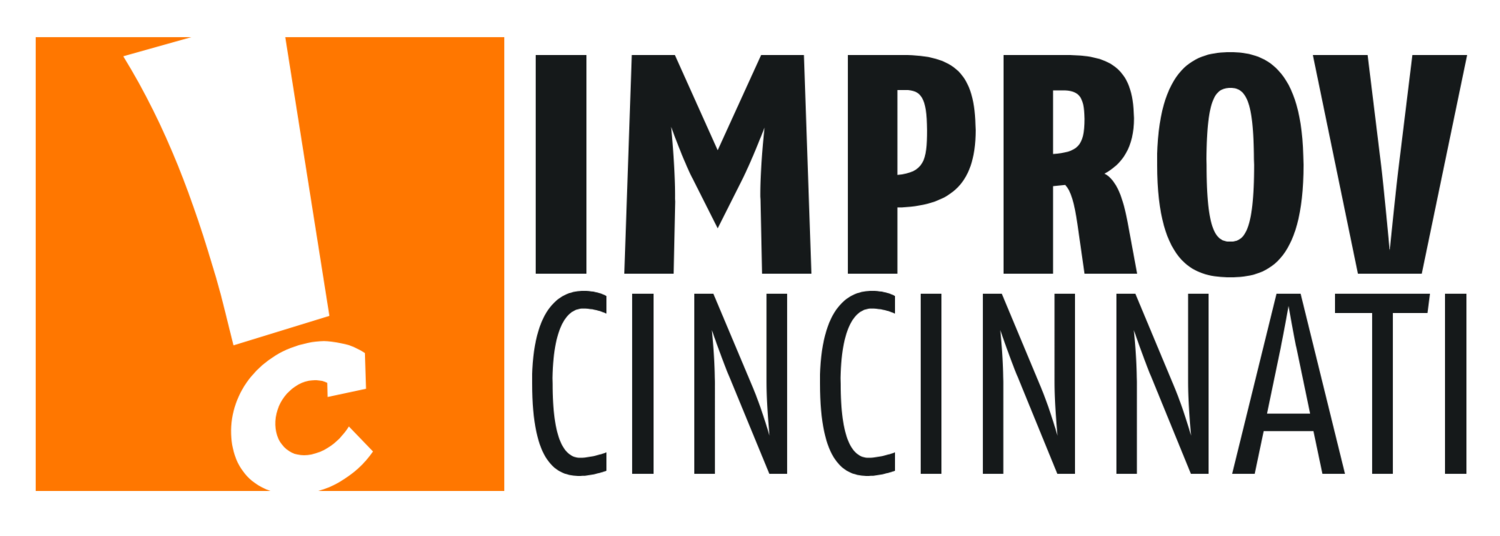The Many Metaphors for Long Form Improv
/When I describe long-form improv, I always start with the idea that it is more of a theatrical experience, but that description is an insufficient explanation. I always try to find a comparison because, especially in Cincinnati, the artform of long-form is new to most audiences.
A music metaphor would compare long-form to an evening of jazz, sophisticated and complex with artistry. Short-form is more like an evening at a dueling piano bar, more concerned with entertaining and bringing joy to an audience. Another great comparison to long-form improv is the true storytelling phenomenon sweeping the nation, filled with raconteurs who are often funny but also captivating, surprising, and emotionally textured. That would mean that short-form is more like stand-up, primarily funny but also true.
The upcoming show on July 11th at Urban Artifact will be our third in that venue. UA is a place that supports jazz, true storytelling, and in our case, long-form improv. People who have been to these types of shows know that when they are good, they are jaw-droppingly good. On the flipside, when they are bad the bitter taste can stay in your mouth a while. Our goal is to bring you a burst of complex and tasty flavors.
There is one true storytelling event at UA that I attended and recommend: Brain Beans. I attended their first event to give them support and practice my skills at spinning an honest yarn to a captive audience. I put my name in their giant martini glass and was picked to speak. I told one of my favorite memories of visiting Japan.
It's nice to have a place where you can try something like storytelling or long-form improv. Not all the local true story events have a component where audience can participate. I applaud Brain Beans for opening their stage to amateurs. C.I. also tries to give amateurs a chance to try long-form with our free workshops. Without this important component, the community that we are trying to create can't blossom into the thriving atmoshpere that we intend. Art must be accessible. OTR Improv has been doing this for years, mostly with their short-form jams that are fun and safe for everyone.
If you want to get started with storytelling, you would be smart to attend a workshop by our freinds at Rebel Pilgrim. See how it's done by checking out this video by improviser and true story producer Joe Boyd...
Ultimately, the styles of long-form and short-form both have qualities that make them worthwhile and fun for an audience. One style is not inherently better than the other... just different. What matters is that as an audience member, you understand the context of the show you attend. Whether it's a jazz bar or a dueling piano bar, you will have a good time, but you need to give yourself permission to process both styles differently.
If you are the type that appreciates jazz and true-story events, you will love Coincidence Improv and you will love Urban Artifact. Come check out the many shows they offer.




